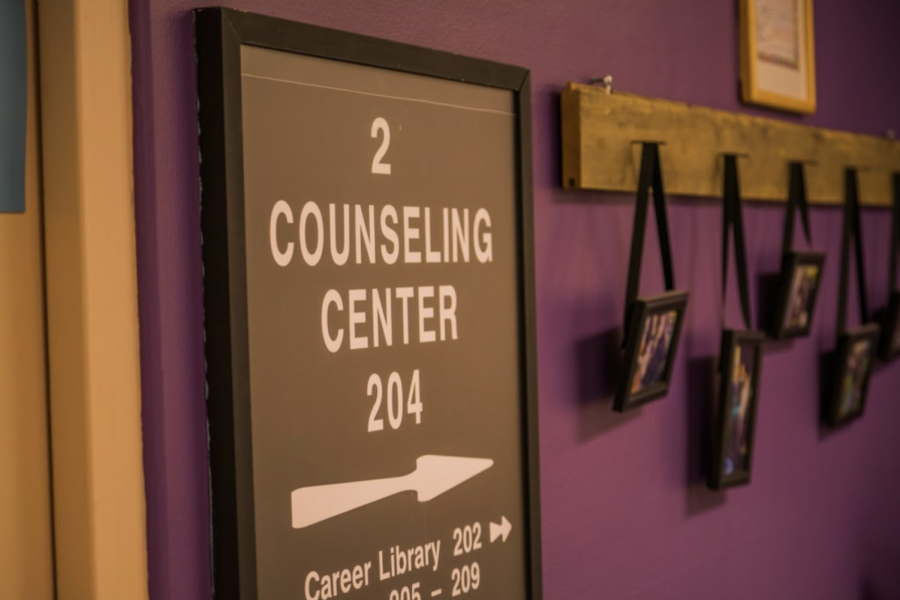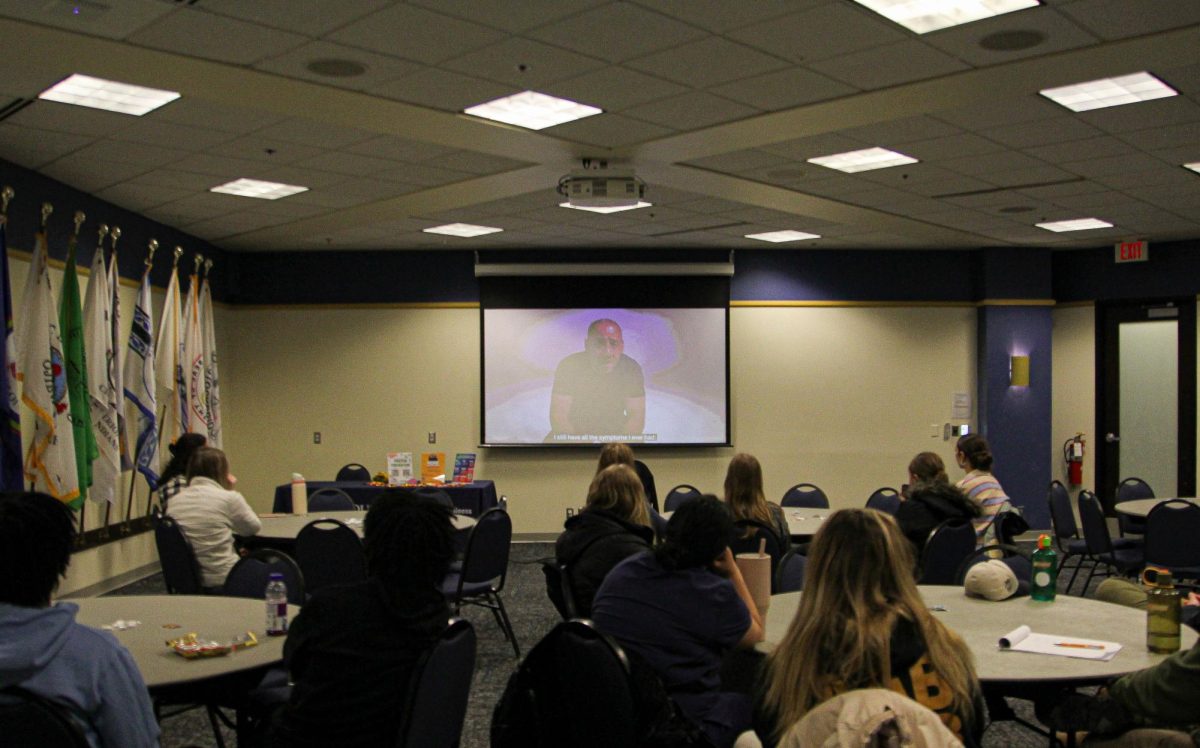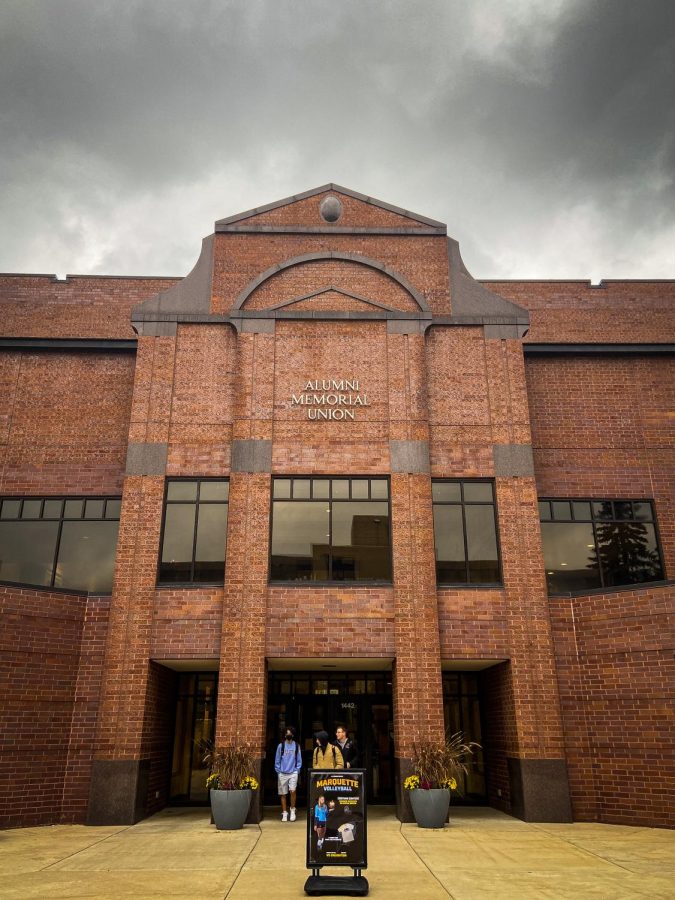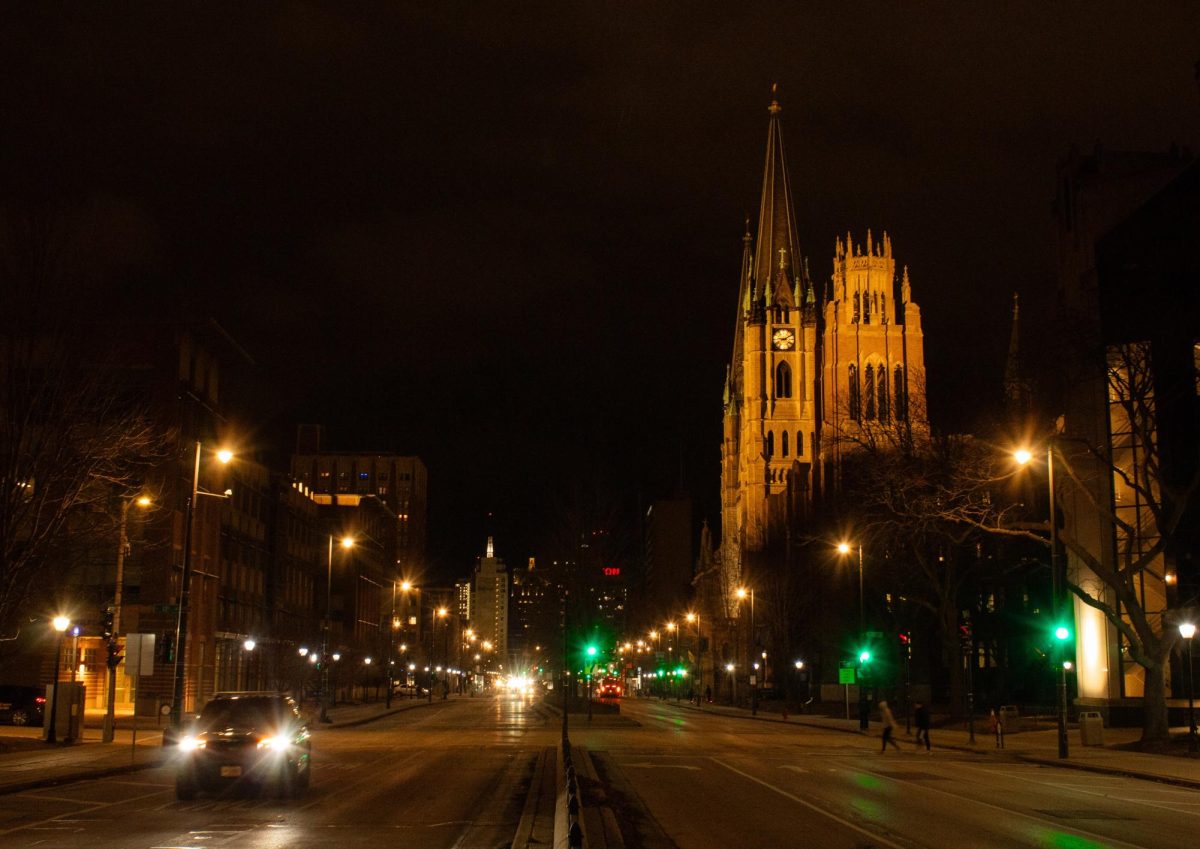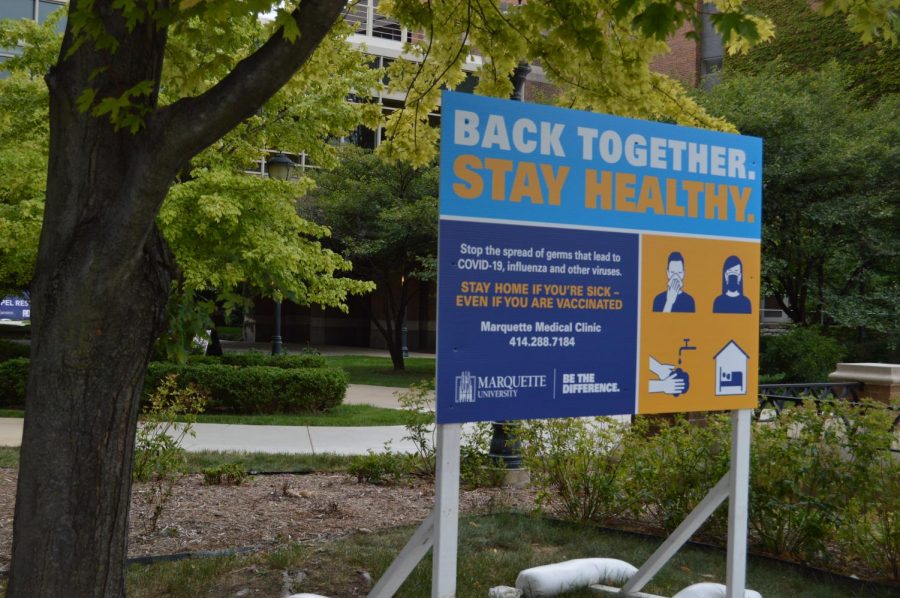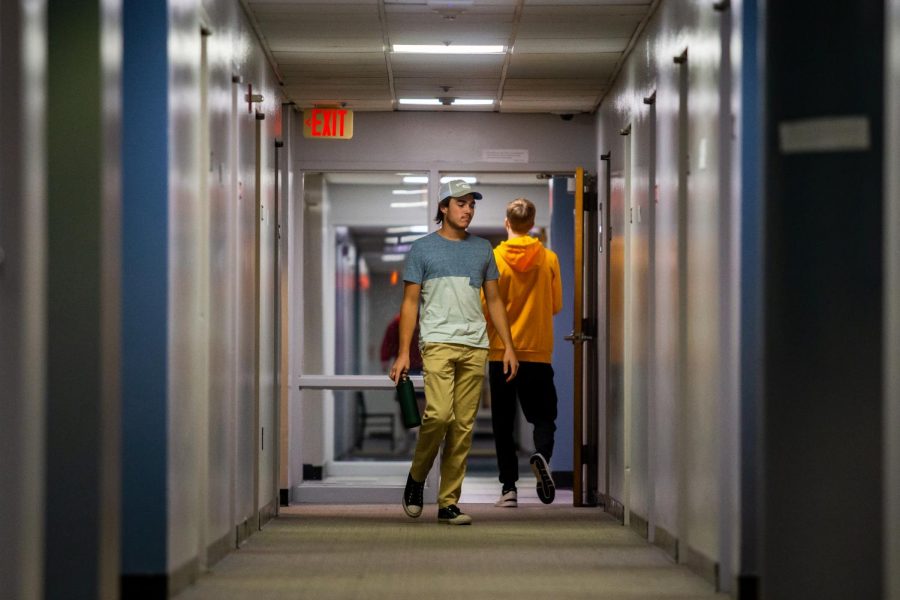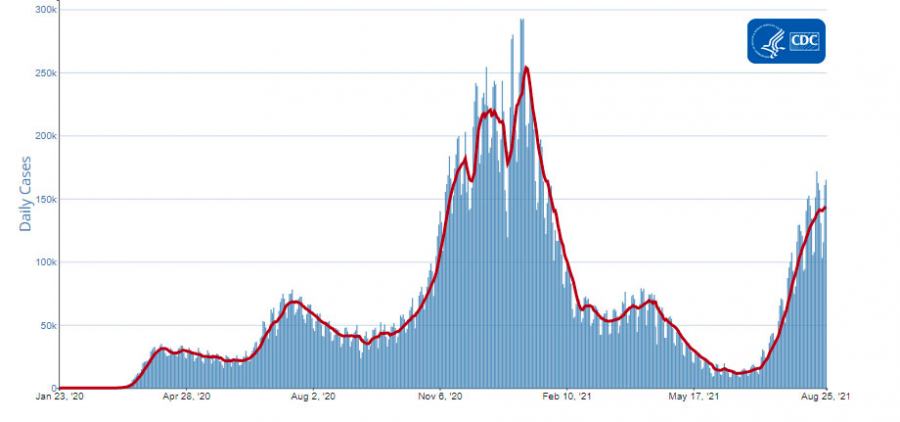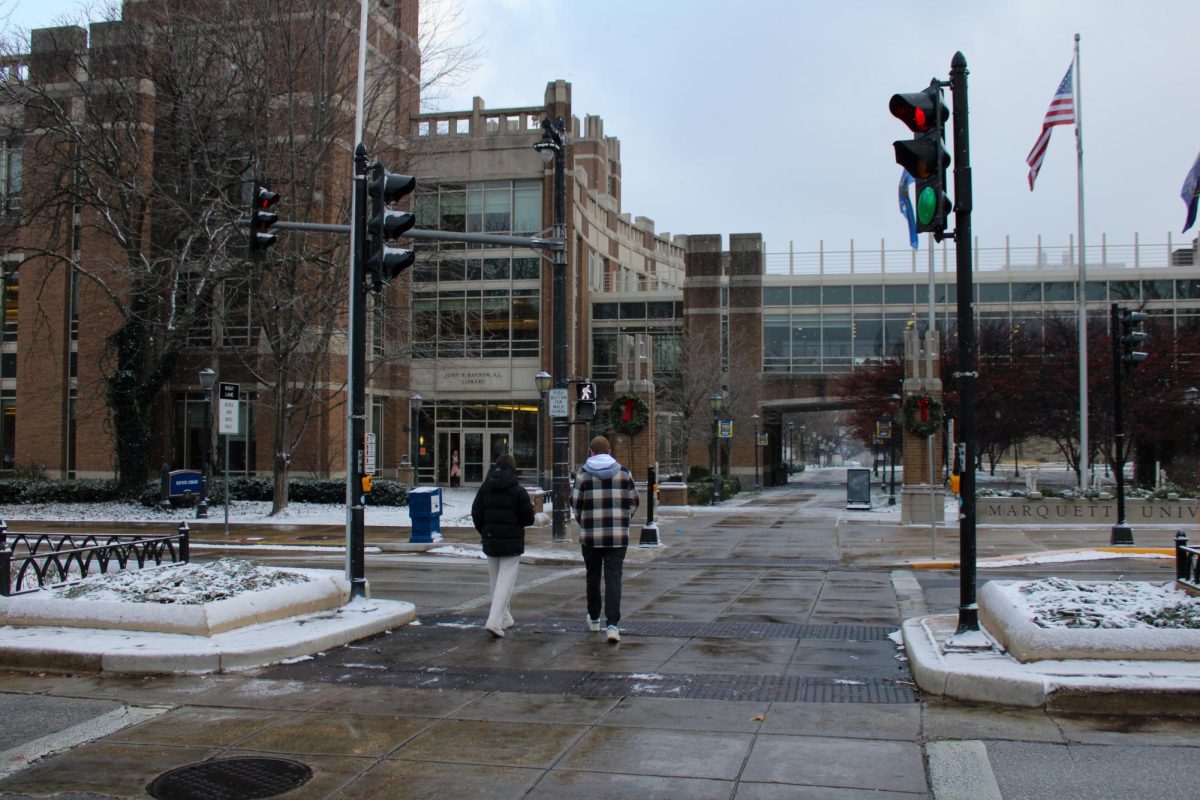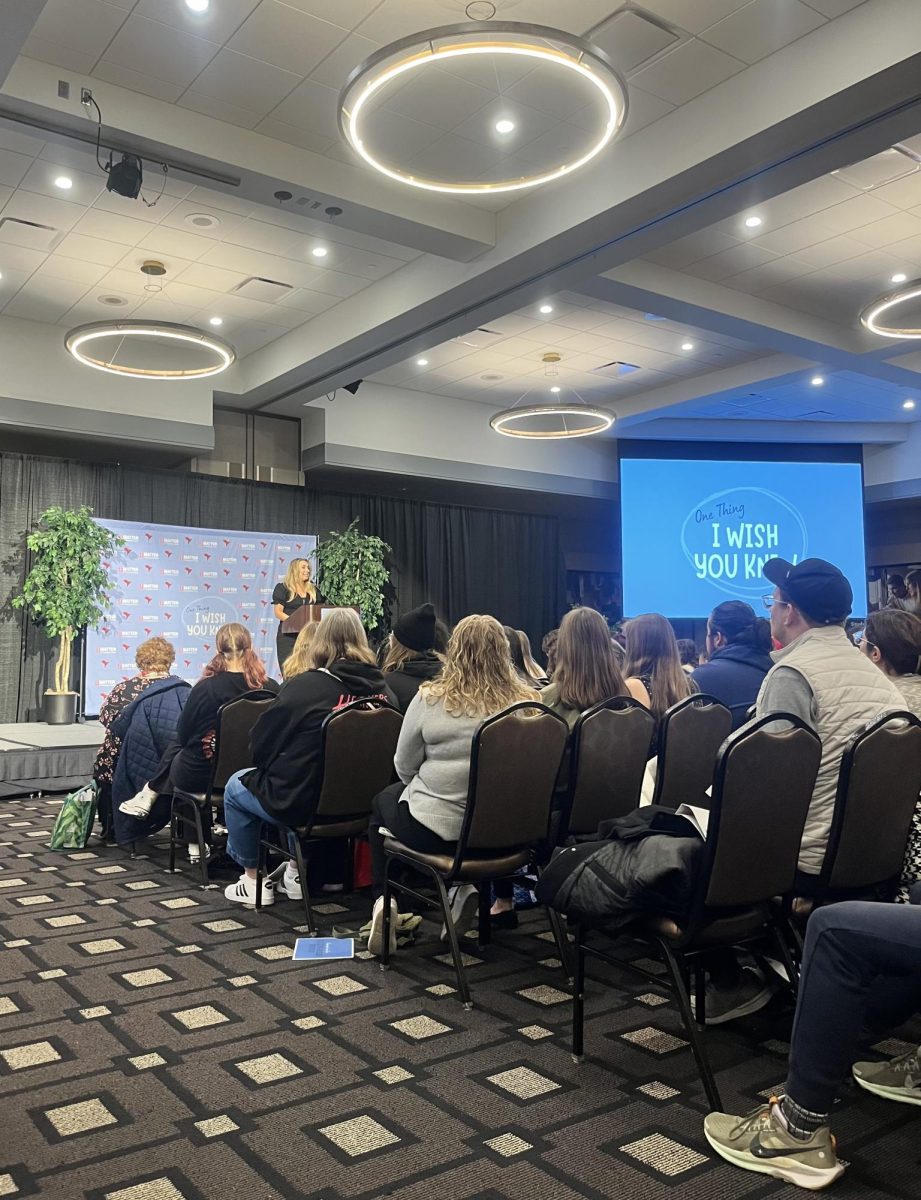As students continue to navigate life through the ongoing COVID-19 pandemic, and slowly begin to adjust to normal life, there needs to be more mental health advocacy and resources at Marquette University. To ensure optimum student success, Marquette needs to bring back Mental Health Days, provide more opportunities for counseling and add more social events.
Last year during the COVID-19 pandemic, Marquette had Mental Health Days in exchange for spring break. Mental Health Days were put in place to give students a break during the busy semester and give them resources to deal with stress. Additionally, students could attend a variety events such as fairs, meditation sessions, fireworks and even a hot air balloon ride in exchange for having no classes that day.
Mental Health Days were very beneficial as they allowed students an opportunity to dedicate time to focus on their mental health. Additionally, felt that they had a lot of support from the school despite sixteen continuous weeks of classes and online classes. This year, classes are back in person and students have their breaks again. However, Mental Health Days would still be beneficial several times a semester to give students a break. This would help students prevent burnout, maintain stress levels, and have a day to catch up.
Marquette also highly emphasizes its Counseling Center to the students upon their first arrival on campus during Summer Priority Advising & Registration Kick-Off, which is a new student orientation that takes place during the summer prior to students arrive on campus in the fall. SPARK aims to help students get more acquainted with campus, as well as different resources available to them, such as the Counseling Center. The Counseling Center assists students in identifying goals to help them succeed and overcome their issues. Despite the support the Counseling Center can provide, it is mostly appointment based and the appointments occur once or twice a week, which can limit students’ access. Stress and anxiety can be debilitating for students and sometimes they will need more accessible and immediate support.
To improve accessibility, the university should consider staff counselors in residence halls on campus for first-year students and sophomores, as well as in on-campus apartments for upper level students. While residence assistants are trained to help students with basic problems that come with living in residence halls, such as issues with their roommates, managing school or dealing with homesickness, they aren’t as well equipped to assist students with more personal and deeper level issues. For students living off campus, the Counseling Center could have an after hours counselor who could talk to students on the phone, or make on-site visits.
This will be helpful because sometimes mental health can be so debilitating that walking to the Counseling Center or doing virtual sessions may impact a student’s mental health more. Additionally, providing more accessible support be more helpful for students who may not feel comfortable going to the Counseling Center, as they may want to protect their privacy.
Students are better able to excel in school and their personal lives when they have a strong support system. The University of Wisconsin-Madison has a program known as Let’s Talk, which is a consultation service that goes around campus. It can help the counseling staff better provide therapy geared to the student and their individual needs and help them open up more. This program has certain topics about the discussion that talk place one-on-one or in groups and students can attend based on their needs and interests.
Marquette would strongly benefit from adopting a similar service, as it promotes students to comfortably open up and identify their problem needs.
Providing these resources is especially important considering that the COVID-19 pandemic has significantly impacted college students’ mental health. According to a survey conducted by Active Minds, a national organization nonprofit organization focused on raising mental health awareness among college students, 80% of surveyed college students reported that COVID-19 experienced negative impacts on their mental health.
In addition to providing more accessibility to counseling resources, Marquette should consider hosting and promoting more social events. A constant cause of stress and anxiety is lack of social interaction, which has been exacerbated by the COVID-19 pandemic. First-year students and sophomores have especially been impacted in this way, as they have not been able to truly experience what college at Marquette is like without COVID-19 safety regulations like social distancing and wearing a mask.
Marquette can better support students by facilitating more social and in-person events, such as residence halls having more community nights, as well as more campus events through programs like Late Night Marquette, which has events like trivia and bingo.
As students continue to navigate these strange times, their mental health should come first. The university needs to make sure students have the necessary resources to protect their health and well-being, as well as feel supported during their time at Marquette.
This story was written by Krisha Patel. She can be reached at krisha.patel@marquette.edu

